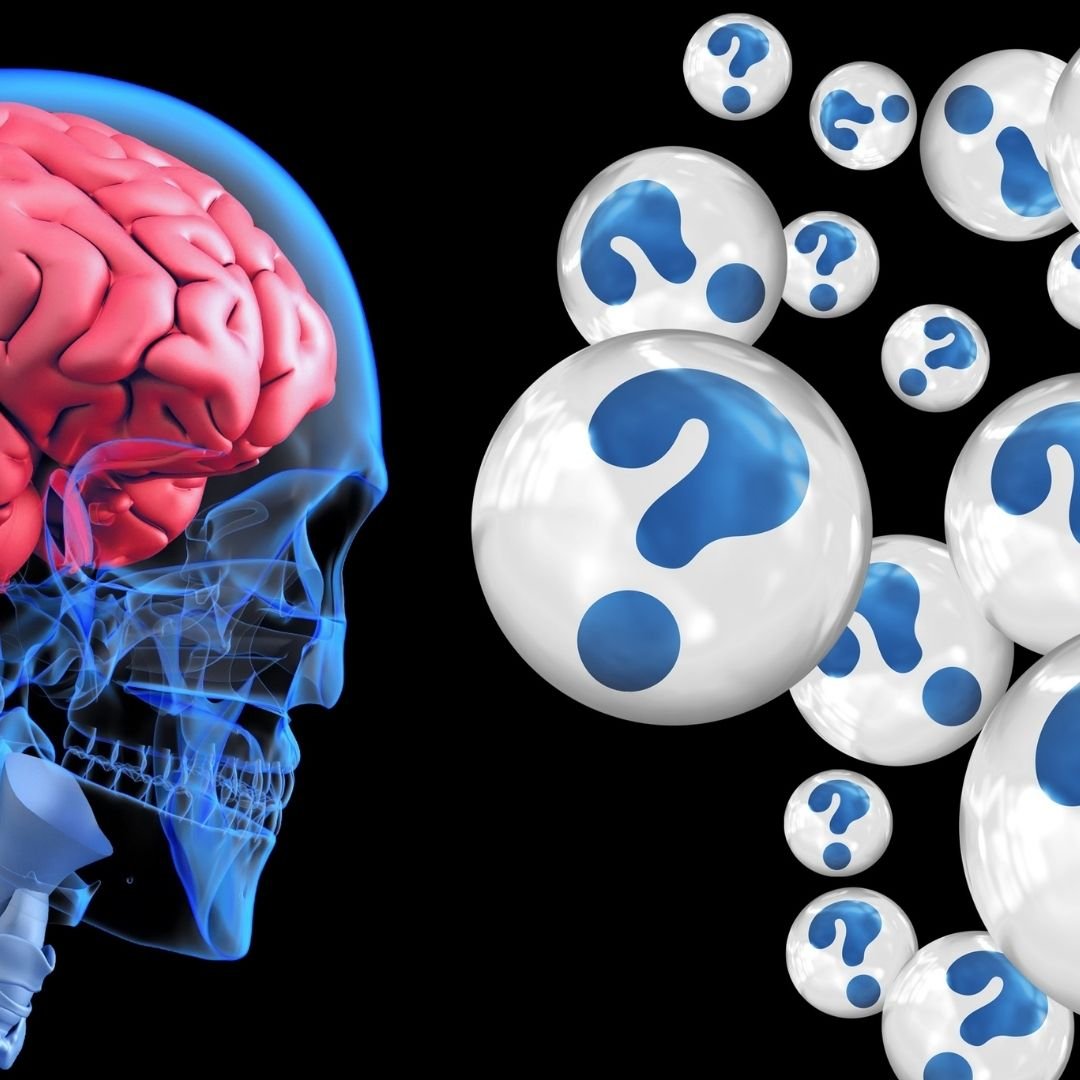Depression and Concentration: Why can’t I think straight?
Depression is one of the most frequently diagnosed mental health disorders in the US and includes common symptoms like fatigue, negative thought patterns, loss of motivation, persistent sadness and more. (1)
But did you know that depression symptoms can extend far beyond these feelings of sadness, fatigue, and loss of motivation? Did you know depression can actually impact and impair cognitive function and one’s ability to think clearly, process information, remember facts, and more? Today, we are taking a deeper dive into one of the lesser know symptoms of depression to understand more about how depression can impact concentration.
The cognitive impairments frequently accompanying depression are often referred as “brain fog.”
So what is brain fog?
Brain fog can be defined as a form of cognitive dysfunction that may impact ones:
Memory retention for short term memory
Ability to recall old information from long term memory
Coherency in formulating thoughts and opinions
Efficiency in reaction times
Executive functioning for complex problem solving
Like any mental health diagnosis and symptom set, the significance of brain fog can vary person to person and range from slights annoyance to significant symptoms of cognitive impairment that may impact life function, job performance and more. (2)
*It is important to note that any time there is a major or noticeable difference in cognitive function, it is important to consult with your medical provider to ensure there is no medical cause that needs to be addressed. Depression, anxiety, trauma, stress, and other mental health diagnosis are common causes for the symptoms described above, but only a medical professional can rule out other more serious medical causes.
So how does depression connect to brain fog?
While brain for and cognitive impairment is not the most widely known symptom of depression, studies have found that between 85- 94% if of people with Major Depressive Disorder experience cognitive impairment as a part of their acute depression experience, or during a depressive episode. (3)
Furthermore, the connection between depression and cognitive impairments has been a well studied aspect of the depression experience and is validated in numerous studies. (4)
It is challenging for researchers to identify a specific why or cause for the connection between depression and challenges in cognitive function, but the synopsis in of the research is this:
Depression, ultimately, causes disregulation in multiple regions of the brain, reducing neurotransmitter effectiveness (the signals or messages sent throughout the brain), and impacting the growth or reproduction rates of new nerve cells (how we learn, make connection, and adapt information into our understanding). (5)
Are there treatments for brain fog connected to depression?
So there is good news in the research on depression and cognitive function, but it may not be in the form that you would expect.
Let me explain. There is new research that cognitive functioning symptoms of depression may not be effectively treated by the most common classes of anti-depressant medication. A Harvard Study showed little improvements in the cognitive challenges of the study participants, despite reports of increased mood while taking antidepressant medication. Researchers hypothesize different parts of the brain are responsible for mood and cognition and the medication are primarily aimed and mood regulation centers of the brain. (6)
I thought there was good news. If medications do not seem to help, then what does?
I am glad you asked! There is good indication that many of the cognitive based therapy interventions that we already use as evidence based interventions for depression treatment may be effective at restoring or improving cognitive function! (7)
The skills learned in many cognitive based therapy interventions have been noted to be helpful in improving cognitive performance. These skills include:
Meditation practices
Stress reduction techniques
Cognitive exercises like reading, games and puzzles
Strategies for managing overwhelming thoughts
Behavioral modification for overwhelming tasks
Increasing social connection and more
For so many that experience cognitive challenges as a part of depression, the symptoms they experience can cause fear, isolation, and more. There are ways to manage and overcome depression, and there are ways to manage and overcome the cognitive challenges or brain fog that may be a part of your depression experience.
If you are ready to take the next steps in addressing your depression symptoms, our team is ready to help. Depression therapy is available through online therapy services or in person at our Arlington, TX based therapy group. Let a member of our team join you in your journey to reaching your goals of mental and emotional wellness.
Learn more about mental health resources for depression treatment:
Could Burnout be Contributing to your Depression?
Is Working from Home making me Depressed?
Can a Pet Help Improve Depression?
How to Manage Depression through Job Loss
Tips for Optimizing Your Living Space to Improve Depression
What is Treatment-Resistant Depression?



